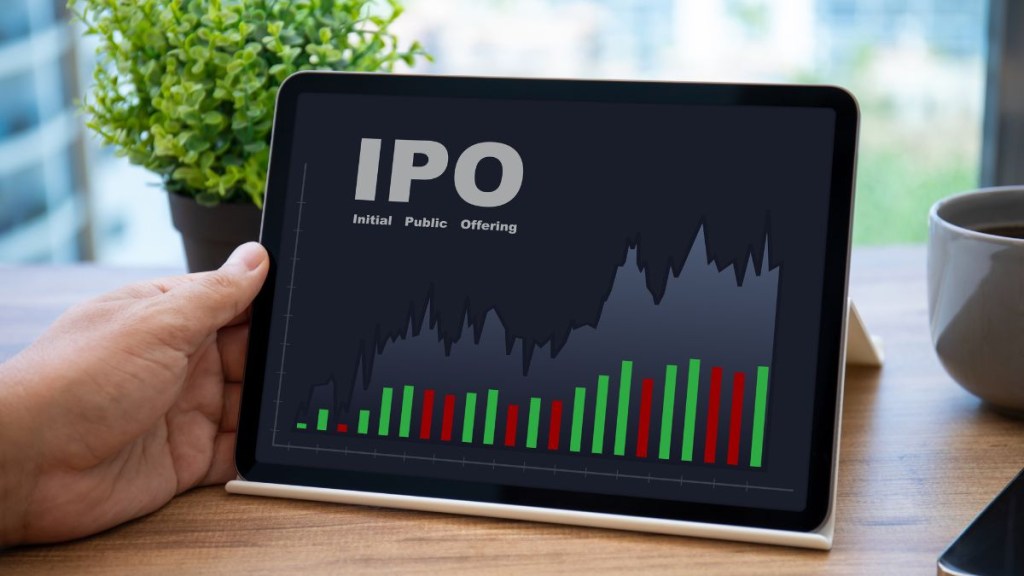Professional services platform Urban Company’s long-awaited initial public offering (IPO) will see five of its early backers partially exit their holdings, eyeing a combined payout of up to Rs 1,471 crore, according to the company’s Draft Red Herring Prospectus (DRHP) filed on Monday. While the company plans to issue fresh shares worth Rs 429 crore, the offer-for-sale (OFS) component will dominate the total Rs 1,900 crore offering.
The selling shareholders include Accel, Elevation Capital, Bessemer India, Tiger Global (through Internet Fund V), and VYC11.
Accel is set to be the largest seller, eyeing proceeds of up to Rs 433 crore. Elevation Capital plans to sell shares worth up to Rs 346 crore, followed by Tiger Global at Rs 303 crore, VYC11 at Rs 216 crore, and Bessemer at Rs 173 crore. These exits are expected to yield substantial returns given the investors’ early-stage entry into the company at much lower valuations. Accel and Elevation Capital, for example, participated in Urban Company’s seed round of $1.6 million back in 2015.
Of the five, Accel stands to benefit the most, with a weighted average acquisition cost of Rs 3.61 per share. In contrast, Elevation’s cost stands at Rs 5.39, Bessemer’s at Rs 7.14, VYC11’s at Rs 20.40, and Tiger Global’s at Rs 60.25. The discrepancy in entry prices means Accel’s exit value per share is about 16.7 times that of Tiger Global, and even outpaces other investors by a significant margin.
Notably, none of the three promoters, Abhiraj Singh Bhal, Raghav Chandra, and Varun Khaitan, will be offloading any shares in the IPO. Each of them currently holds a 6.67% stake in the company.
However, prior to the IPO filing, both the promoters and several of these investors had already begun partially liquidating their holdings. Between September and February, the three founders cumulatively sold securities worth nearly Rs 780 crore in tranches. In September alone, they sold shares worth Rs 126 crore to Dharana Capital, an arm of VY Capital, and followed it up with sales of Rs 124 crore to Prosus in October. December saw further transactions worth Rs 482 crore to Prosus and Arohi Seed, and an additional Rs 50 crore between January and February.
Accel, Tiger Global, and Bessemer too had trimmed their holdings in the months leading up to the DRHP. In three tranches spread across September, November, and December, they sold a mix of equity shares and compulsorily convertible preference shares (CCPS) worth nearly Rs 615 crore.
Urban Company is betting on the largely untapped home services market, projected to reach $97.4 billion by 2029, according to Redseer. The sector remains highly unorganised and predominantly offline, with less than 1% online penetration as of December 2024, offering Urban Company significant headroom for digital expansion.
The company claims that its service providers earn 15–20% more than typical gig workers in food delivery or quick commerce, while putting in fewer hours. As of December 2024, Urban Company had over 48,169 average monthly active service professionals in India.
The firm turned profitable in the nine months ended December 2024, posting a restated profit before tax of Rs 27.1 crore, compared to a Rs 57.8 crore loss in the same period the previous year. A deferred tax credit of Rs 215 crore during the same period helped boost profit after tax to Rs 243 crore. Operational revenue rose 41% to Rs 846 crore, while expenses grew by 23%, driving adjusted Ebitda to Rs 9.3 crore. Final results for FY25 are yet to be disclosed.

